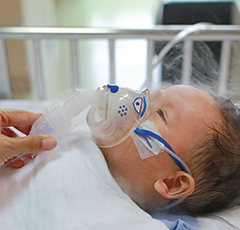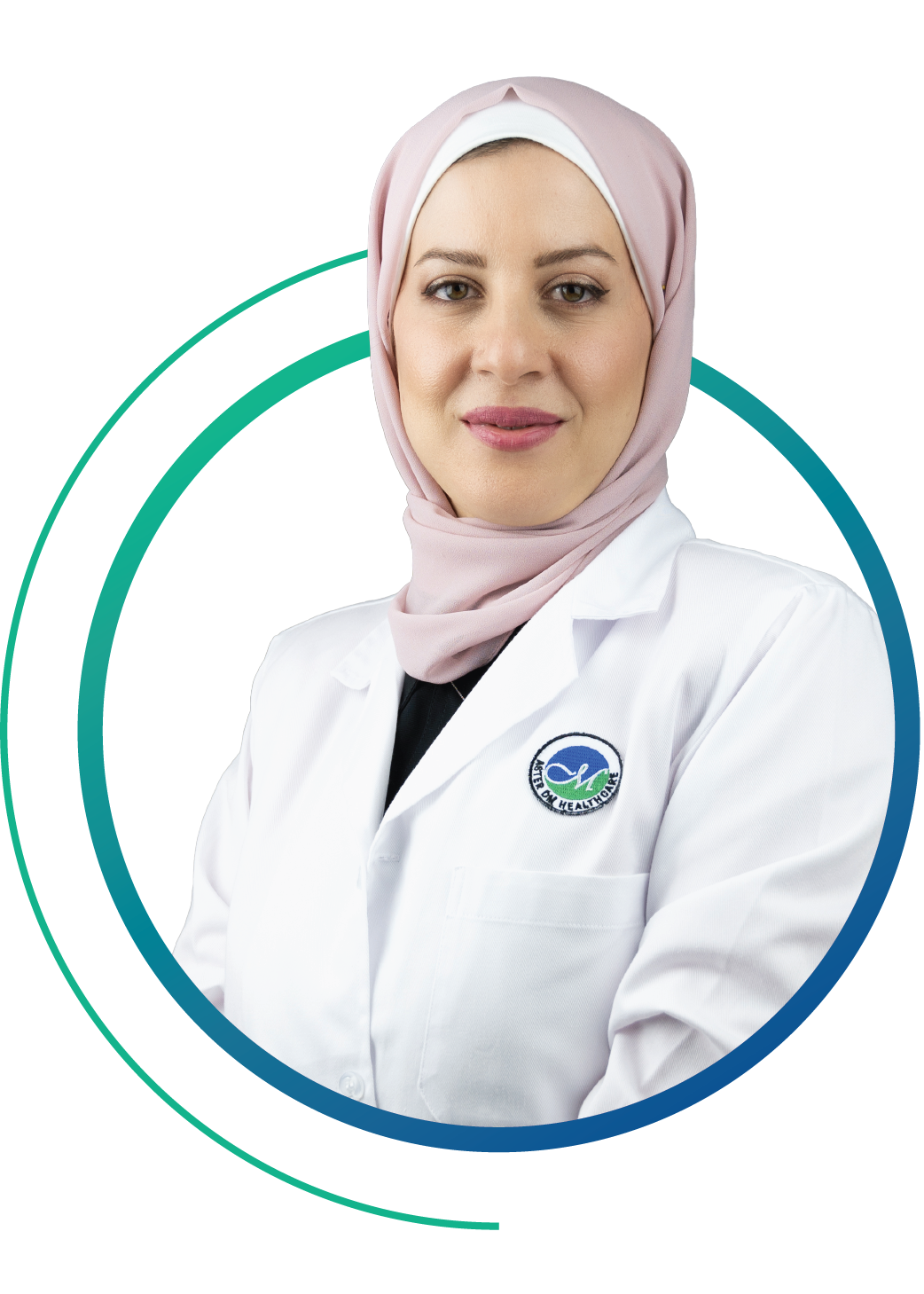Overview
The Neonatology Department is dedicated to the medical care of newborn infants, particularly the ill or premature newborns. Neonatologists are specialized pediatricians who focus on the unique health needs of newborns, providing intensive care for preterm babies, those with low birth weight, and those with congenital disorders or infections. The department ensures comprehensive care and support for both infants and their families during critical early stages of life.
TREATMENTS & PROCEDURE

Specialized unit providing comprehensive care for critically ill or premature newborns.
The NICU is equipped with advanced technology and staffed by skilled professionals to provide round-the-clock care for newborns with severe health conditions. It includes respiratory support, nutritional care, and continuous monitoring of vital signs.

Techniques to support and stabilize breathing in premature or ill infants.
Respiratory support involves various interventions such as mechanical ventilation, CPAP, and oxygen therapy to assist newborns with breathing difficulties, ensuring adequate oxygenation and preventing respiratory complications.

Specialized feeding plans to meet the nutritional needs of newborns.
Nutritional support includes breast milk fortifiers, specialized formulas, and parenteral nutrition to ensure preterm or ill newborns receive the necessary nutrients for growth and development.

Strategies to prevent and treat infections in vulnerable newborns.
Neonatologists use antibiotics, antivirals, and antifungals to manage infections in newborns. Infection control practices in the NICU are crucial to prevent the spread of infections among vulnerable infants.
Early detection and treatment of congenital abnormalities in newborns.
Neonatologists diagnose and manage congenital disorders such as heart defects, metabolic disorders, and genetic conditions. Early intervention and specialized care improve outcomes for affected newborns.
Specialized unit providing comprehensive care for critically ill or premature newborns.

The NICU is equipped with advanced technology and staffed by skilled professionals to provide round-the-clock care for newborns with severe health conditions. It includes respiratory support, nutritional care, and continuous monitoring of vital signs.
Techniques to support and stabilize breathing in premature or ill infants.

Respiratory support involves various interventions such as mechanical ventilation, CPAP, and oxygen therapy to assist newborns with breathing difficulties, ensuring adequate oxygenation and preventing respiratory complications.
Specialized feeding plans to meet the nutritional needs of newborns.

Nutritional support includes breast milk fortifiers, specialized formulas, and parenteral nutrition to ensure preterm or ill newborns receive the necessary nutrients for growth and development.
Strategies to prevent and treat infections in vulnerable newborns.

Neonatologists use antibiotics, antivirals, and antifungals to manage infections in newborns. Infection control practices in the NICU are crucial to prevent the spread of infections among vulnerable infants.
Early detection and treatment of congenital abnormalities in newborns.
Neonatologists diagnose and manage congenital disorders such as heart defects, metabolic disorders, and genetic conditions. Early intervention and specialized care improve outcomes for affected newborns.
Diseases treated
FAQs
Neonatology is a pediatric subspecialty focusing on the medical care of newborn infants, especially those who are ill or premature.
Respiratory support includes mechanical ventilation, CPAP, and oxygen therapy to assist newborns with breathing difficulties.
Infections are managed with antibiotics, antivirals, and antifungals, along with strict infection control practices in the NICU.
The NICU encourages family involvement through education, emotional support, and participation in the care of their newborns.
The NICU treats conditions like premature birth complications, respiratory distress, infections, and congenital disorders in newborns.
Nutritional support involves specialized feeding plans, including breast milk fortifiers, formulas, and parenteral nutrition, to meet the needs of newborns.
Congenital disorders are conditions present at birth, such as heart defects and genetic conditions, requiring early diagnosis and intervention.
Neonatologists are specialized pediatricians who diagnose and treat medical conditions in newborns, providing intensive care and support in the NICU.














